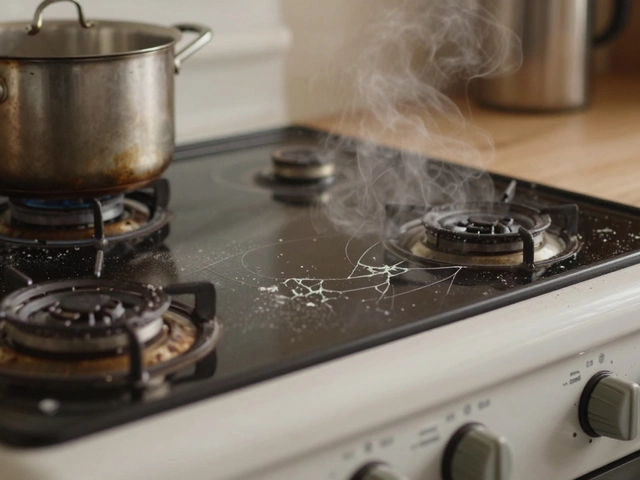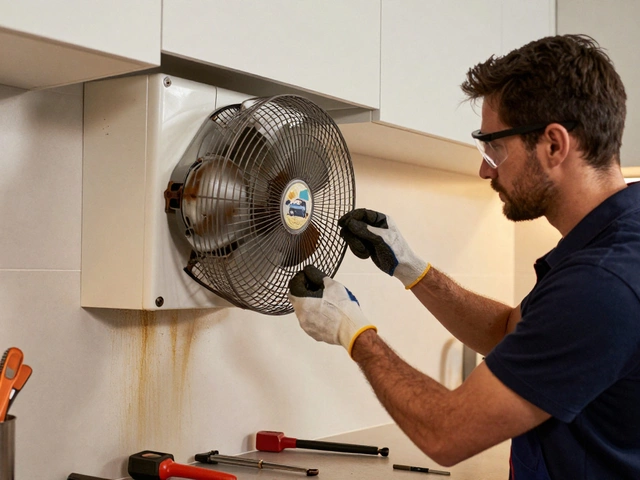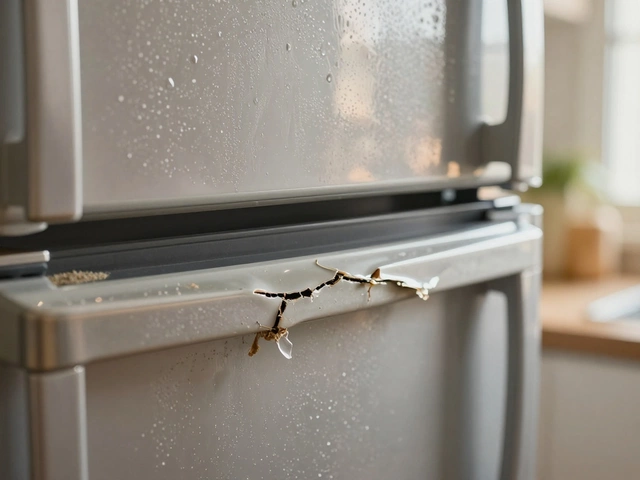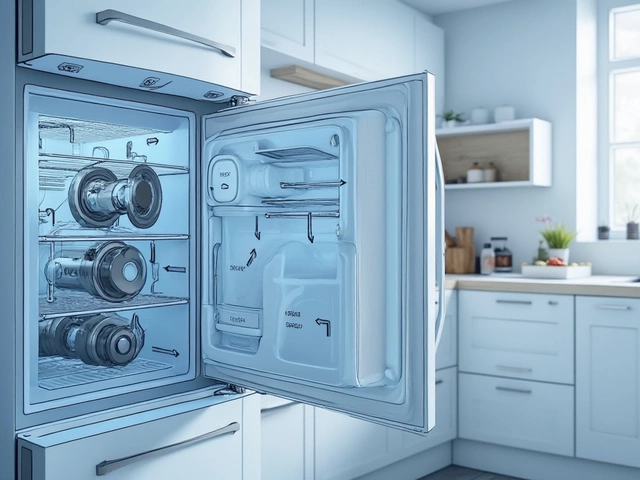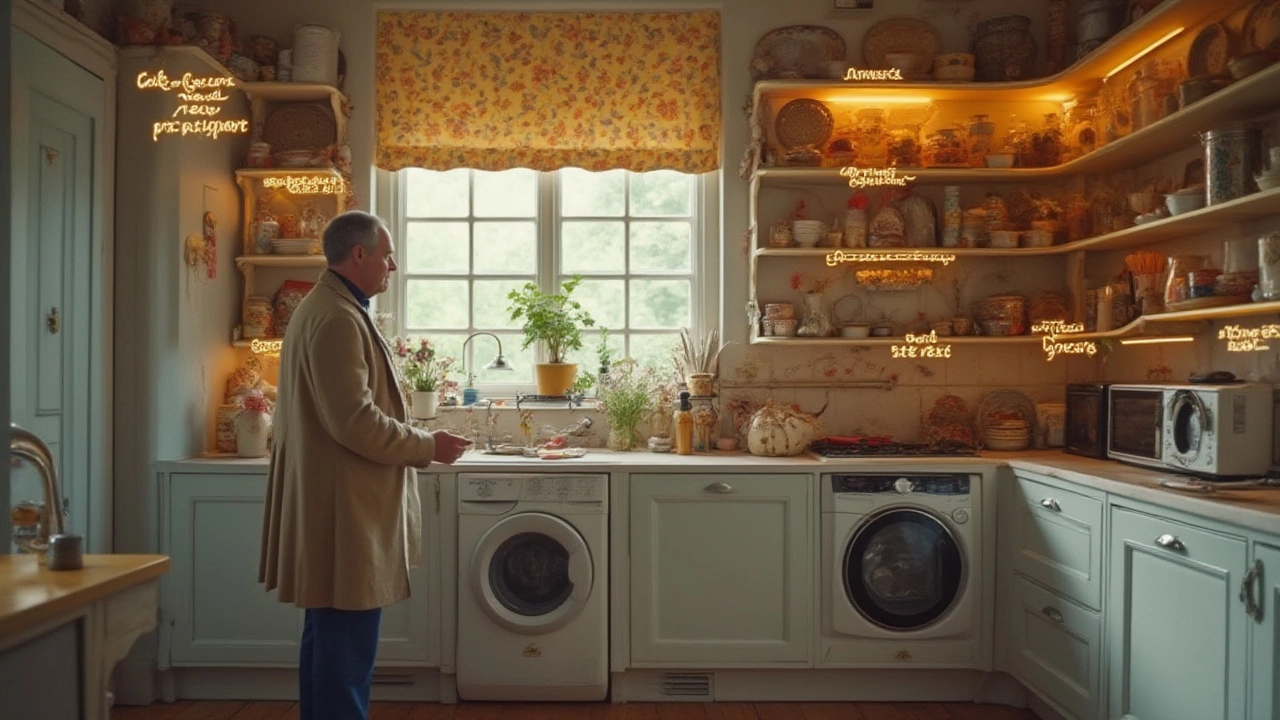What Is an Appliance? Simple Guide to Home Gadgets
Ever wonder what the word "appliance" actually means? In plain English, it’s any piece of equipment that makes everyday chores easier. Think of the fridge that keeps food fresh, the washing machine that handles the load, or the toaster that gives you that perfect crunch. If it runs on electricity or gas and helps you do something at home, it’s probably an appliance.
Common Types of Appliances
Appliances fall into a few big groups. Kitchen appliances include ovens, hobs, microwaves, fridges, and dishwashers. Laundry appliances cover washing machines and dryers. Then there are heating and cooling units like boilers, heat pumps, and air conditioners. Small appliances are the ones you can lift with one hand – toasters, kettles, coffee makers, and hair dryers. Knowing which group your device belongs to helps you find the right repair service or maintenance tip.
Big appliances such as ovens and boilers are built to last many years, but they also have more moving parts that can wear out. Small gadgets tend to break from everyday wear or accidental drops. Regardless of size, each appliance has a basic job: turn energy (electric, gas, or water) into a useful result – heat, cold, movement, or cleaning.
How Appliances Work and Why Maintenance Matters
Most appliances use a motor, a heating element, or a pump to do their work. A washing machine spins a drum with a motor, a fridge circulates coolant with a compressor, and an extractor fan moves air with a small motor. Over time, dust, grease, and regular use can reduce efficiency. Simple tasks like cleaning the filter, checking seals, or tightening loose screws can keep them running smoothly.
If you ignore maintenance, you’ll see higher energy bills, strange noises, or outright failures. For example, a blocked fridge condenser coil forces the unit to work harder, raising electricity costs. A dirty oven heating element may heat unevenly, ruining your cooking. Small fixes now can stop a costly repair later.
When something goes wrong, the first step is to identify the symptom. Is the oven not heating? Check the heating element and thermostat. Is the dishwasher not draining? Look at the filter and pump. Most issues have a simple visual check before you call a professional.
Safety is another reason to keep appliances in good shape. Faulty wiring in an electric hob can cause sparks, and a cracked boiler can leak dangerous water pressure. If you ever smell gas, see smoke, or hear loud bangs, turn off the appliance and call an expert right away.
Regular service from a qualified technician can extend the life of big appliances. A yearly boiler check, fridge coil cleaning, or dryer vent inspection can add years to the machine’s lifespan and keep it running efficiently.
In a nutshell, an appliance is any tool that turns energy into a helpful function at home. Knowing the basic types, how they operate, and why simple upkeep matters lets you get the most out of them without breaking the bank.
So next time your fridge starts humming louder than usual or your oven refuses to heat, remember there’s usually a quick fix you can try. And if you’re not comfortable, a local repair service – like Rugby Appliance Repair Services – can step in fast and get things back to normal.
